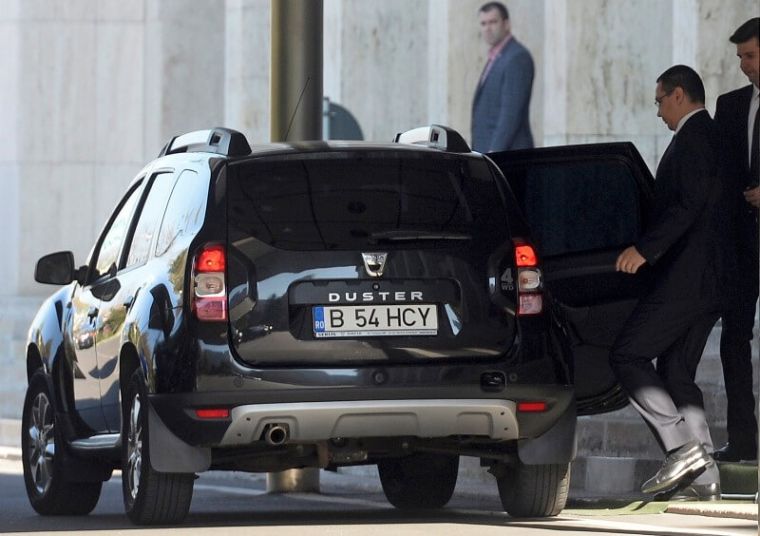Romanian nightclub fire: PM Ponta quits after street protests

Romanian Prime Minister Victor Ponta quit on Wednesday in a surprise move that will probably produce a new cabinet led by a technocrat, after street protesters demanded resignations over a deadly fire in a Bucharest nightclub.
Ponta is facing trial for corruption and he was already under pressure to quit from the opposition and President Klaus Iohannis, who defeated him in last November's presidential election.
Iohannis will consult political parties separately over the new premier, starting Thursday, and a possible nomination might emerge in the next days, he said.
"Last night, Romanians' outrage became true revolt," Iohannis said, referring to the more than 20,000 people who took to the streets in the capital on Tuesday, as well as protests elsewhere. "We can't believe that just a government change will solve Romania's problems. There is more to be done."
An estimated 15,000 people marched in Bucharest on Wednesday evening, and thousands more poured onto the streets of cities across Romania, saying the government's resignation should be just the beginning of reforming a political class and public administration widely seen as corrupt.
Ponta's departure might lead to a political realignment, although the coalition of three mainly leftist parties that form a majority in parliament showed no signs of a split. A national election is due in December 2016.
After an emergency coalition meeting, their leader, Liviu Dragnea, said the priority was "to preserve stability" of the country. The next prime minister may not come from the party's ranks, Dragnea said.
"It would be very hard to propose and support a political person as prime minister any more," he said.
Nightclub fire
Iohannis, the former leader of the opposition Liberals, has said his aim is to bring his party to power. The constitution allows him to nominate a new premier, who then needs to win a vote of confidence in parliament.
Early elections appear unlikely, but still possible. They can only be triggered if parliament rejected two prime ministerial nominations in confidence votes within 60 days of the first one. No such snap poll has been held since the 1989 fall of communism.
A fire at a rock concert in Colectiv nightclub on Friday that killed 32 people and injured nearly 200 has angered people and made them distrustful of public administration oversight, setting off the nationwide protests.
"I can carry any political battles, but I can't fight with the people," Ponta told reporters.
In Wednesday's protests, demonstrators carried banners that said "Corruption Kills".
Ponta had ignored prior calls to step down after being indicted in September for forgery, money laundering and being an accessory to tax evasion during his time as a lawyer. He is likely to face his first court hearings later in November.
He nominated Defence Minister Mircea Dusa as interim premier until a new government is in place.
The junior coalition party UNPR, under Deputy Prime Minister Gabriel Oprea, said it was willing to keep supporting the coalition. Its support ensures a parliamentary majority, but protesters also criticised Oprea.
"We now think there will be a minority PSD cabinet, potentially headed by a technocrat," said Otilia Dhand, an analyst at Teneo Intelligence, a New York-based political risk consultancy. "But I would only give that about a 40 per cent [probability] now. Thirty per cent for a Liberal minority cabinet, and 30 per cent for early elections."
ING Romania's chief economist, Ciprian Dascalu, said: "To me, the most likely scenario seems a caretaker government until the general election, supported by a wide majority."











